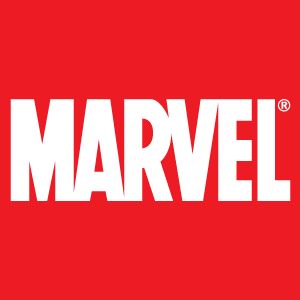Marvel has urged the U.S. Supreme Court not to review a petition from the heirs of Jack Kirby in a copyright-termination dispute that could have implications beyond comics, extending into film, music and publishing.
In papers filed Monday with the high court, and first reported by Deadline, Marvel insists the case doesn't "remotely merit" review, as, "It implicates no circuit split, no judicial taking, no due process violation, and no grave matter of separation of powers."
Kirby's heirs have argued, so far unsuccessfully, that the legendary artist's contributions to the publisher between 1958 to 1963 -- among them, the X-Men, the Avengers, the Fantastic Four and the Incredible Hulk -- weren't produced as "work for hire" and, therefore, are subject to a clause in the U.S. Copyright Act that permits authors and their heirs to reclaim rights transferred before 1978. Marvel and Disney dispute that claim, saying Kirby's output was indeed work for hire, a position supported in 2011 by a federal judge and last year by the Second Circuit Court of Appeals.
But in a March petition to the Supreme Court, the Kirby family took aim at the Second Circuit's “instance and expense” test, which considers the amount of influence and money a company has in the creation of a work, saying it "invariably finds that the pre-1978 work of an independent contractor is ‘work for hire’ under the 1909 Act." The heirs received notable support from Bruce Lehman, former director of the U.S. Patent and Trademark Office, who insisted in a friend-of-the-court brief that the Second Circuit disregarded both history and precedent in its definition of “employer” and application of “the instance and expense” test,” “shouldn’t be underestimated.” (Three Hollywood guilds also weighed in on behalf of the the Kirbys).
Marvel, however, noted in its Monday filing that the courts "have uniformly reaffirmed the use of the instance and expense test in disputes arising under [the] 1909 Act."
Stating that the Second Circuit was correct in determining the artist's contributions were work for hire, the publisher reiterated that Stan Lee "supervised the creation of Kirby's work from conception to publication," providing a plot synopsis and retaining the authority to approve the art or seek revisions; Kirby was also paid a page rate.
"It was Marvel — not Kirby — that bore the 'risk' and potential expense if the publication of the works was unsuccessful," the filing states. "And all of the evidence offered by petitioners in support of the existence of a contrary agreement either provided them no aid or reaffirmed the conclusion the instance and expense test compelled. Indeed, Kirby himself repeatedly confirmed that Marvel owned all the rights to the work."
The publisher also attempts shoots down the heirs' "smoking gun," saying the purported "contemporaneous agreements" between Marvel and Kirby, in the form of the legend on the back of checks to Kirby that assign his copyrights to the company, aren't "contemporaneous" at all. Rather, Marvel insists, those checks were issued between 1973 and 1974, a decade later. "To be clear," the company states, "there are no checks from Marvel to Kirby issued 'contemporaneous[ly]' with the creation of the works at issue in this case."
As we've noted before, the Supreme Court accepts only 100 to 150 out of the more than 7,000 cases it’s asked to review each year.


